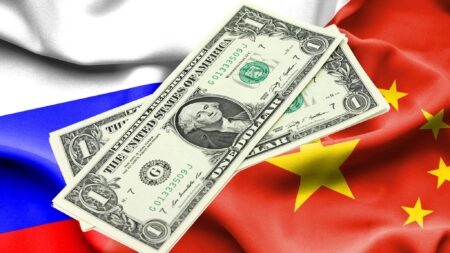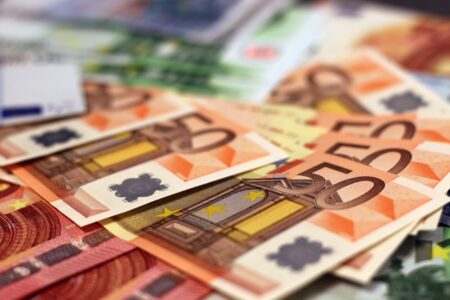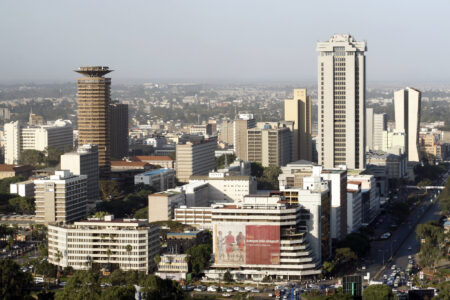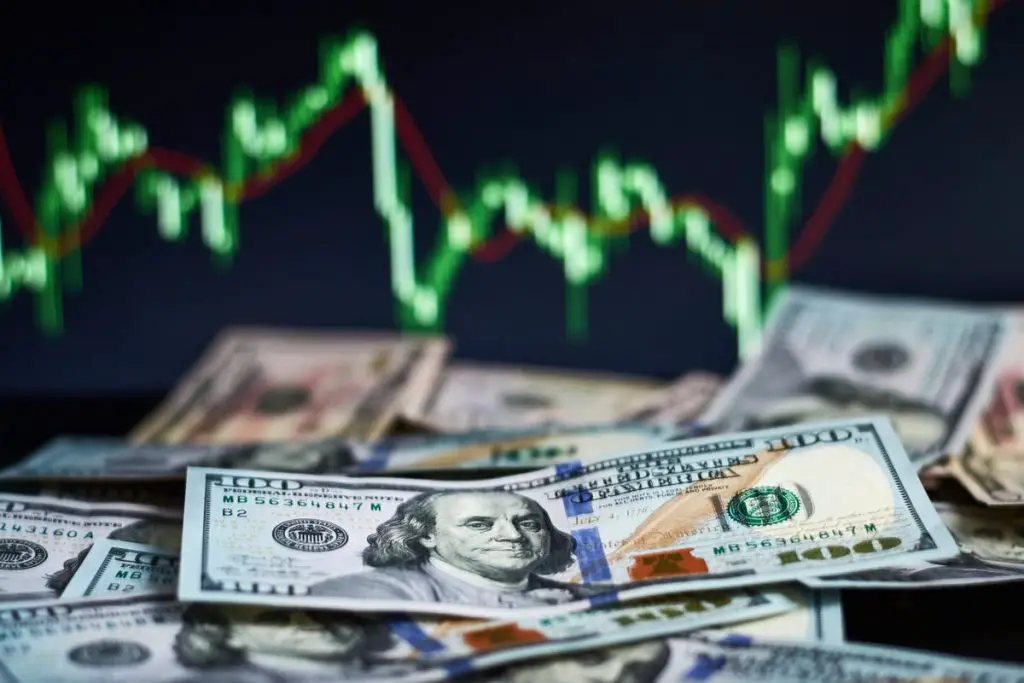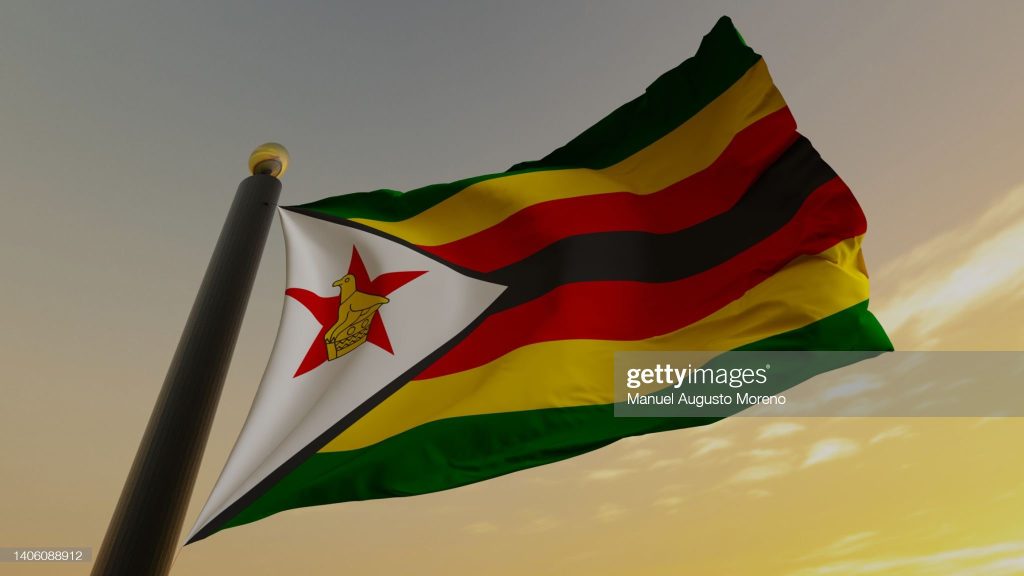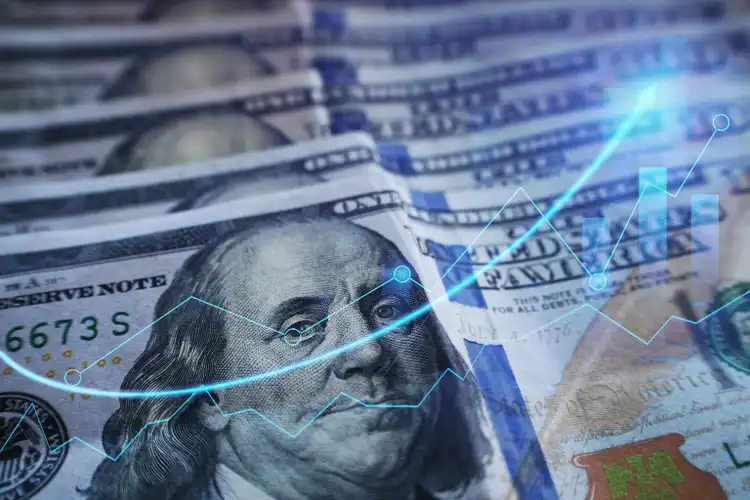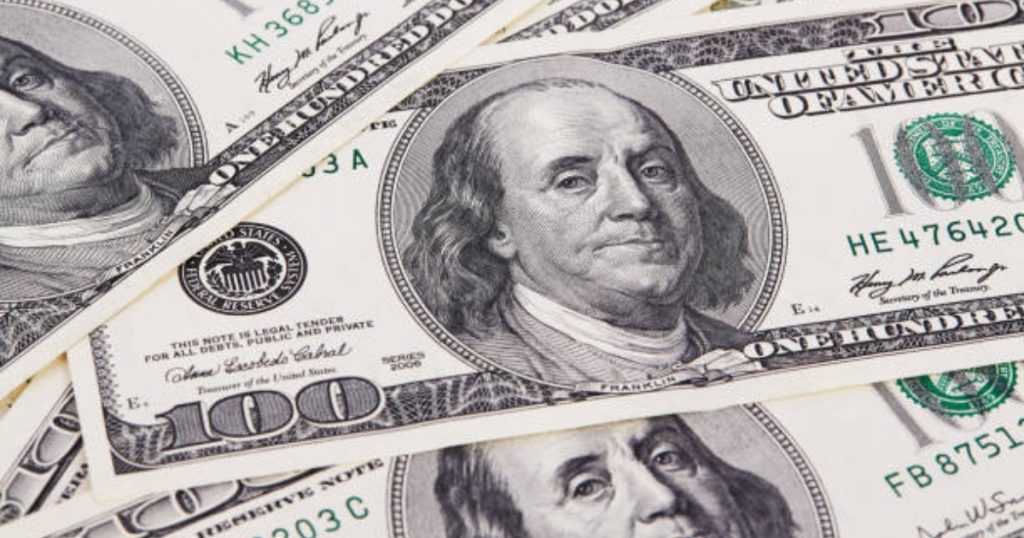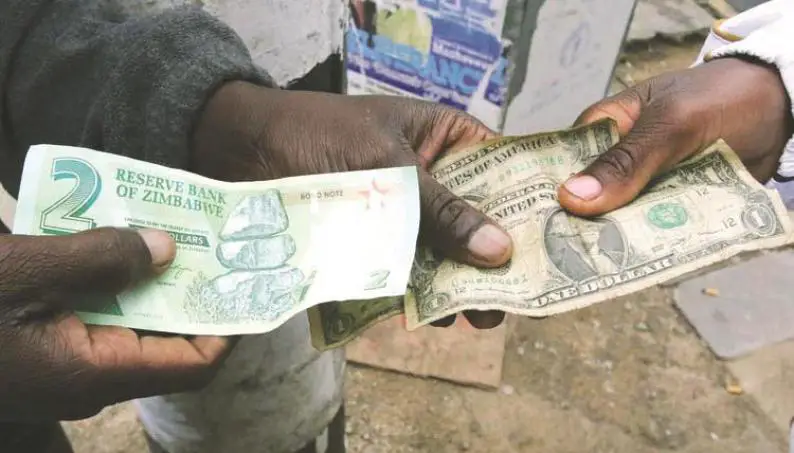- Stanbic PMI Report: Mixed performance as Kenya’s agriculture, construction offset manufacturing decline
- Uganda’s land management gets a tech makeover to boost transparency
- Nigeria’s output dips fastest in 19 months on a sharp rise in costs
- Apple faces growing backlash over Congo exploitation
- Why East Africa is staring at higher wheat prices in 2025
- Nairobi Gate SEZ pumps $7 million into Kenya’s agro-processing industry
- What impact will the US election have on Africa?
- Russia and Tanzania unite to double trade, boost Africa market access
Browsing: US dollar
Currently, Africa is over-exposed to the impact of the US Dollar. Thus, African nations must either act individually or together to mitigate these effects. Dollar strength bursts are cyclical. Therefore, there should be enough time to implement efforts before the next one occurs. African governments have recognized the harm done in the previous year and should work round the clock to find a lasting solution.…
Official data has shown that the cost of transacting in international currencies is often 2 or 3 per cent higher than dealing in local alternatives. The higher cost often creates significant international trade obstacles. Ultimately, the progressive decision-making of the Russian government could save Africa from the damaging effects of a strong dollar. Consequently, international trade will become accessible to businesses in Africa. This will boost economic growth in the respective partner countries.…
[elementor-template id="94265"]
Ghana finds itself in the classic emerging market trap. This comes from owing too much in someone else’s currency when the global economic tide turns. One ought not to read too much into an emerging economy getting creative with money or to confuse the confiscation of private assets with a more conventional process of fiscal retrenchment that would gain IMF approval. If the plan succeeds, Ghana may have saved itself from an economic meltdown, especially in a period widely considered as economic turmoil, per the World Bank’s analysis of the 2023 economy.…
[elementor-template id="94265"]
Over the past decade, African countries have accumulated external debt at a faster pace. The countries have capitalized on abundant, low-cost international credit for fiscal and balance-of-payments funding to help drive development plans.
Africa’s total external debt, accrued by both the private and public sectors, owed to foreign lenders, has surpassed $1 trillion. The related annual debt servicing costs broke through the $100 billion threshold for the first time in 2021.…
[elementor-template id="94265"]
It is 1985, the US dollar is unbeatable, it is the reigning champion of the World’s heavy weight currencies. The beefed up greenback is knocking out all challengers, it has to be stopped, reasoned economists from the other major World economies.
And so, that year finance ministers from the US, Germany, Japan, France, and the UK all inked an agreement to devalue the dollar, even the US was in on the agreement, laughing to the bank of course.
The decision to ‘intervene’ became known as the Plaza Accord, a joint agreement amongst central banks all around the World (including the US) to tinker with currency markets in a bid to put the dollar in check.
- The US dollar up 17% and rising
- Federal Reserve monetary policy behind rising dollar
- Strong dollar weighs heavy on Africa’s debt servicing
So with the heavy weight dollar playing Muhammad Ali again, almost half a …
Because of erratic economic policy, Zimbabwe continues to be the sick man of the Southern African Development Community (SADC) region.
The country perennially goes from one economic crisis to the next. Presently Zimbabwe is battling with resurgent inflation after managing to rein it in from the hyperinflationary levels reached in the years 2019 to 2020 and during the early months of 2021, peaking at over 837%.
Currently, Zimbabwe’s inflation stands at approximately 257%. Conventionally, the origins of inflation have been and always will be excessive money supply that outstrips the rate of growth in an economy resulting in too much money chasing too few goods and services. In the case of Zimbabwe, the inflation malaise was compounded by the fact that the economy is virtually stagnant, growing only marginally.
- Zimbabwe’s economic policy has been erratic.
- The government in Zimbabwe has recently adopted a scorched earth policy against inflation by tightening
According to the EIU graphic, much of the external debt stock of African countries consists of public medium- and long-term borrowings. This form of borrowing has been on the rise since 2000.
Private medium- and long-term debt stock in Africa has also been on the increase but not at the same scale and magnitude as the public debt. In short, governments, through their finance ministries, have been on a borrowing binge since 2000, whereas the private sector has marginally increased its borrowings in United States-denominated debt.
The increased levels of borrowing in hard currency badly expose governments to movements in interest rates and exchange rates. South Africa has the most external debt exposure of any country in Africa, followed by Egypt and Nigeria. With these facts in mind, it is no surprise to how much the Rand, the South African currency unit, has depreciated against the dollar.…
The United Nations (UN) recognises about 180 currencies in the world as legal tender. Have you ever asked yourself which one is the strongest?
The United States (US) dollar has been for decades, used as a fixed-based currency because it’s used in most foreign markets.
The strongest currency, therefore, is one that yields the smallest exchange against the dollar. This means that the strongest currencies are those that are more expensive than the US dollar.…
- Before Mnangagwa’s statement, the Zimbabwean currency was officially valued at 165.94 to the US dollar, but it was trading on the black market at a rate ranging from 330 to 400 to the dollar
- Investigations found that many enterprises are simply borrowing significant sums of Zimbabwe dollars, which they then channel into the parallel market to acquire US dollars
- The president proposed issuing an order to compensate account holders who lost the value of their assets when the country de-dollarized in 2019
Zimbabwe ditched its depreciated currency in 2009, preferring to utilize foreign currencies, notably the US dollar. Mnangagwa’s administration revived the native currency in 2019 to float alongside international currencies in the economy, but the local currency continued to lose value.
As a result, President Emmerson Mnangagwa has instructed banks to cease extending loans to the government and private sector departments, claiming that the unprecedented action was intended to …






